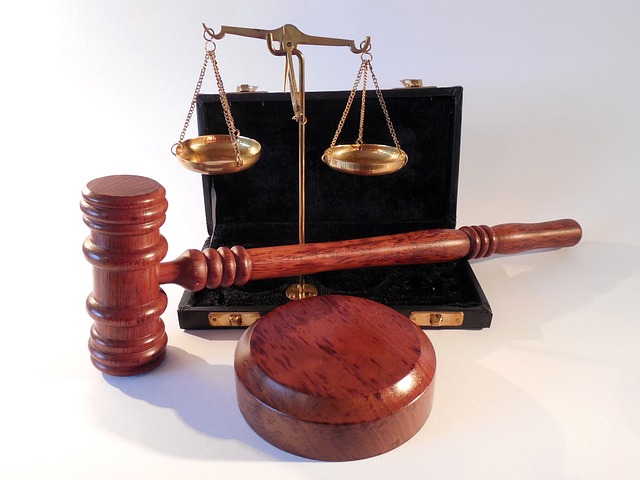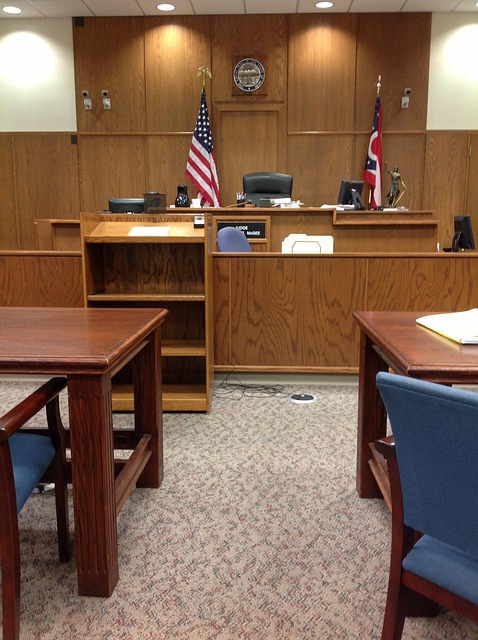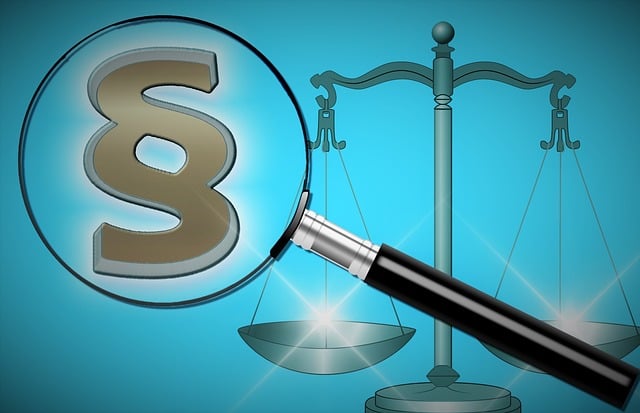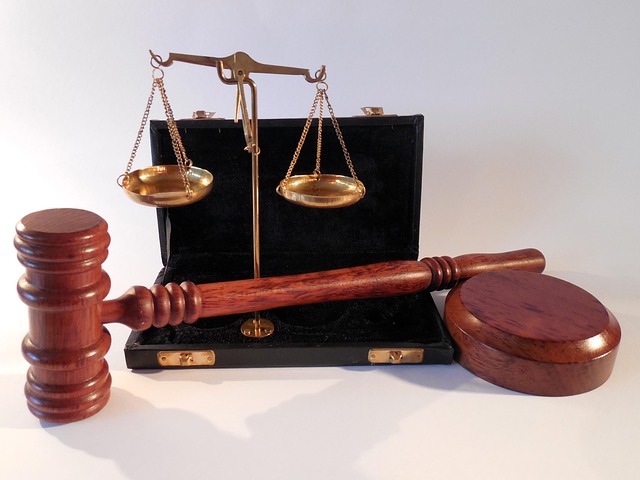Libel cases, crucial in civil court, protect individuals from false, defamatory statements, whether in written (libel) or verbal form (slander). From corporate reviews to social media feuds, these cases span various scenarios. Success hinges on proving falsity, harm, and either malice or negligence. Key examples include a white-collar defendant clearing their name by exposing media inaccuracies and a disgruntled employee suing over negative performance reviews. Understanding these libel case examples in civil court is vital for navigating potential defamation claims in the digital age.
In the complex landscape of civil litigation, understanding various types is pivotal for both legal professionals and individuals. This article delves into the intricate world of litigation, focusing on libel—a powerful yet often misunderstood tool in civil courts. We’ll explore its definition, common examples, key characteristics of successful cases, and real-world scenarios, providing valuable insights into libel case examples in civil lawsuits.
- Understanding Different Types of Litigation
- Libel: Definition and Common Examples in Civil Court
- Key Characteristics of a Successful Libel Case
- Exploring Real-World Libel Case Scenarios in Civil Lawsuits
Understanding Different Types of Litigation
Understanding different types of litigation is crucial for both corporate and individual clients navigating the complex legal landscape. One such category is libel, which focuses on protecting an individual’s reputation from false and defamatory statements. A libel case, for instance, might involve a plaintiff claiming damages from a defendant who published inaccurate information about them in a newspaper or online platform. These cases are often decided in civil courts and can range from high-stakes disputes between powerful entities to more mundane disagreements.
The process of a libel case involves presenting evidence and arguments before a judge or, in the case of jury trials, a group of citizens. This involves demonstrating that the statement was indeed false, harmful, and made with malice or negligence. The variety of libel case examples underscores the diverse nature of situations where reputation can be wrongfully damaged. Whether it’s a corporate dispute over product reviews or a personal feud escalated through social media, understanding the nuances of different litigation types empowers clients to protect their interests effectively.
Libel: Definition and Common Examples in Civil Court
Libel is a type of civil litigation where one party alleges that another has made false statements about them, causing harm to their reputation or character. In the context of a civil court, libel cases revolve around the publication of these false statements in various forms, such as written articles, books, social media posts, or even verbal communication. The key element is the intent to damage one’s reputation and the resulting harm caused by the dissemination of these falsehoods.
Unprecedented track records have been set in libel cases, especially in the realm of white-collar defense. One notable example involves a high-profile executive accused of fraud who successfully argued that critical media reports were not only inaccurate but also constituted libel. The court agreed and issued a complete dismissal of all charges, highlighting the importance of responsible reporting and the potential consequences for reckless or malicious publications.
Key Characteristics of a Successful Libel Case
A successful libel case in the civil court hinges on several key characteristics. Firstly, it requires a clear and damaging statement about an individual or entity that lacks truth or is made with reckless disregard for its veracity. Unlike slander, which involves spoken words, libel pertains to written or printed statements that cause harm to one’s reputation. Establishing these elements is crucial; the plaintiff must prove both the falsehood of the statement and the damage it has caused, often through reputational harm or financial losses.
Judges in civil courts consider the impact on the plaintiff’s business and personal life when evaluating damages. For instance, libel case examples may include defamatory articles that negatively affect a respective business’s operations or investee opportunities. An unprecedented track record of successful cases for his clients can significantly strengthen a libel lawsuit. The strength of evidence and legal arguments plays a vital role in securing a favorable outcome, with the ultimate goal being to compensate for the harm inflicted by the false statement(s).
Exploring Real-World Libel Case Scenarios in Civil Lawsuits
Exploring real-world libel case scenarios in civil lawsuits can shed light on the complexities of this legal area. Libel, a form of defamation, occurs when false statements are published that damage an individual’s reputation. In civil courts, libel cases often revolve around disputes between private parties, such as business disagreements or personal conflicts. For instance, consider a scenario where a disgruntled former employee accuses their former employer of libel after the employer publishes a negative review about the employee’s performance. This can result in a lengthy legal battle, with both parties presenting evidence and arguments to support their claims.
White-collar defense strategies often play a significant role in libel cases, especially when individuals face accusations related to white-collar and economic crimes. Defendants may employ tactics like challenging the truth of the statements, proving fair comment, or arguing that the publication was made without knowledge of its falsity. By understanding these real-world examples, individuals can gain insights into navigating potential libel claims, particularly in today’s digital age where information dissemination is rapid and far-reaching. Avoiding indictment, when applicable, becomes a key focus for those seeking to protect their reputation while managing the legal implications of such cases.
Understanding different litigation types, such as libel, is crucial for navigating civil court proceedings. This article has explored the definition and common examples of libel, outlined key characteristics of a successful libel case, and provided real-world scenarios to illustrate its impact in civil lawsuits. By delving into these aspects, individuals and businesses can better protect their reputations and know what to expect when facing or pursuing a libel case. In terms of takeaway value, recognizing libel’s potential in various forms empowers parties to exercise caution and seek legal counsel promptly, ensuring fair outcomes in the civil court system.






